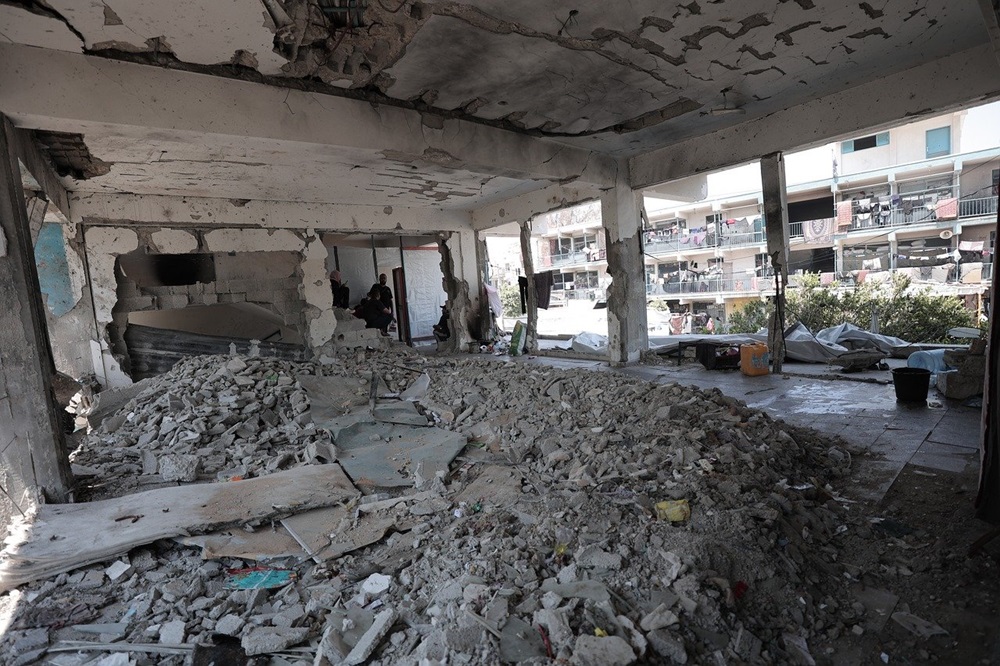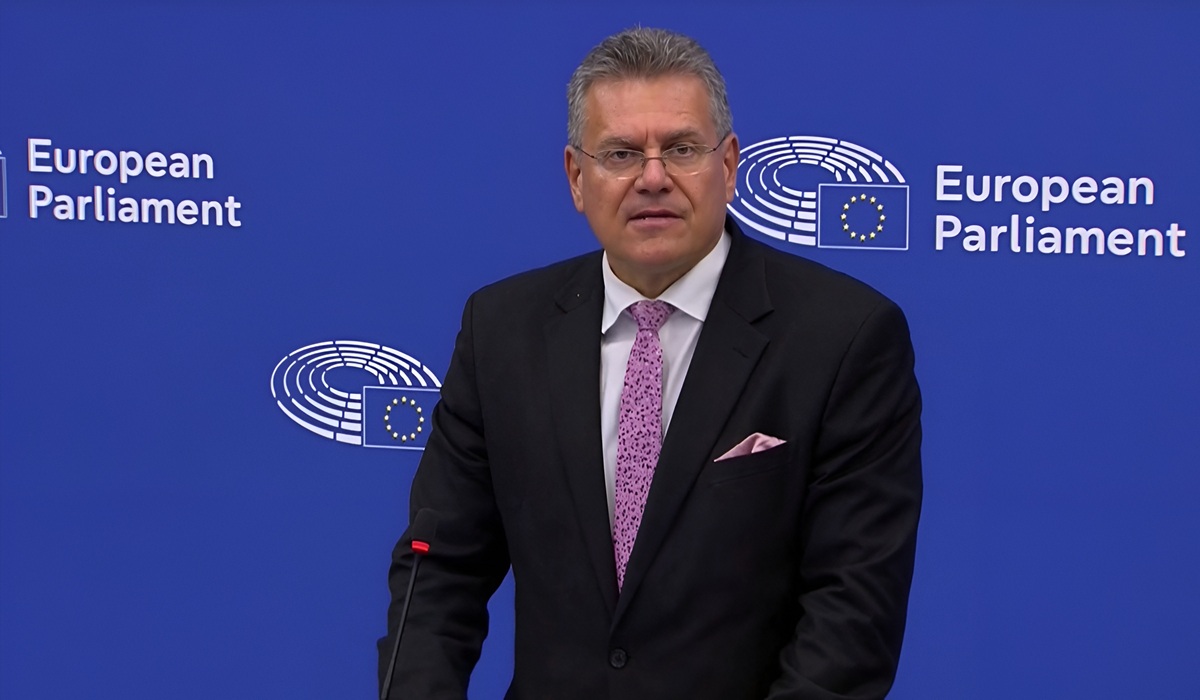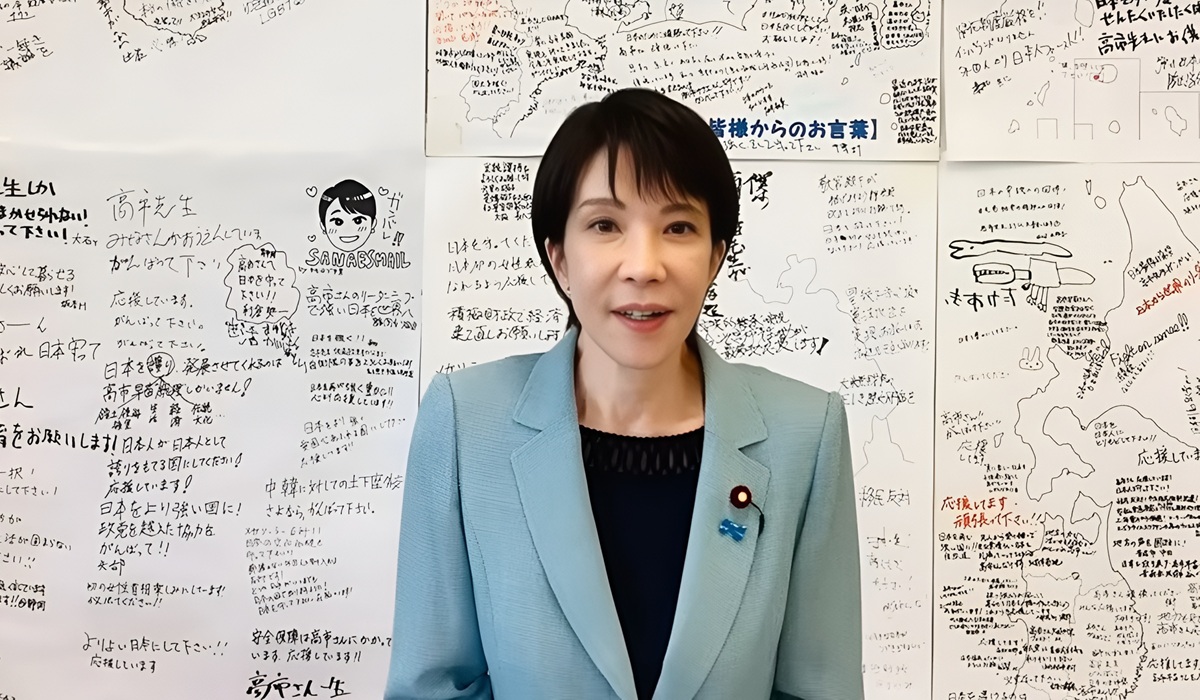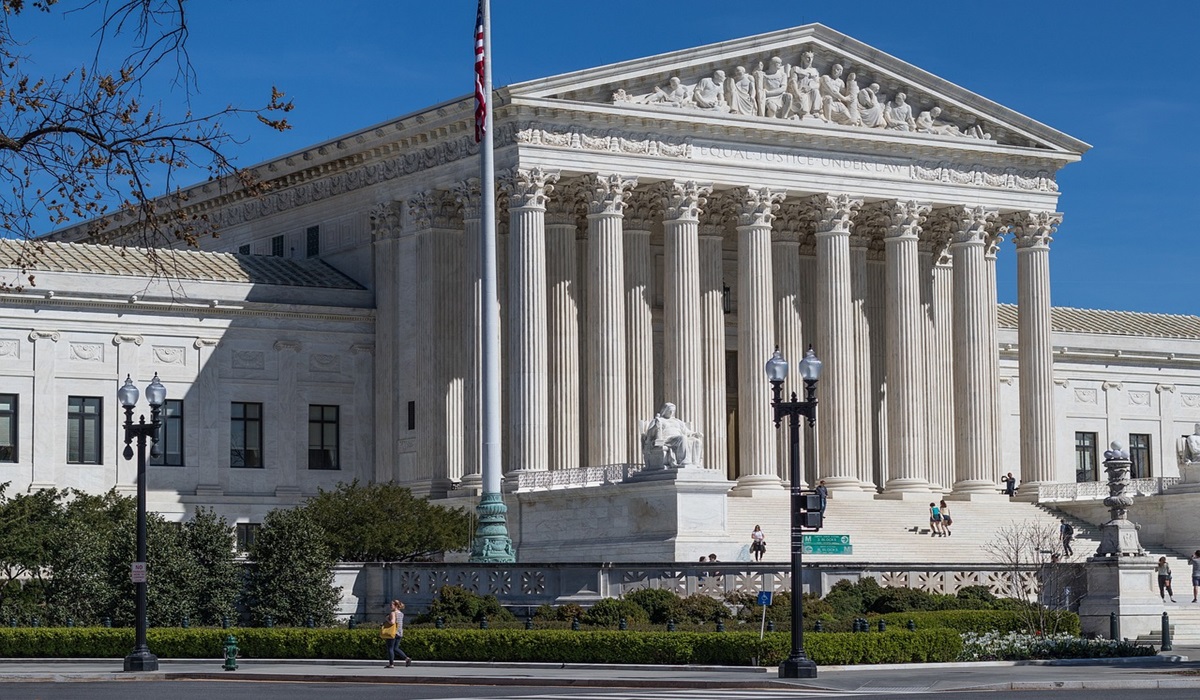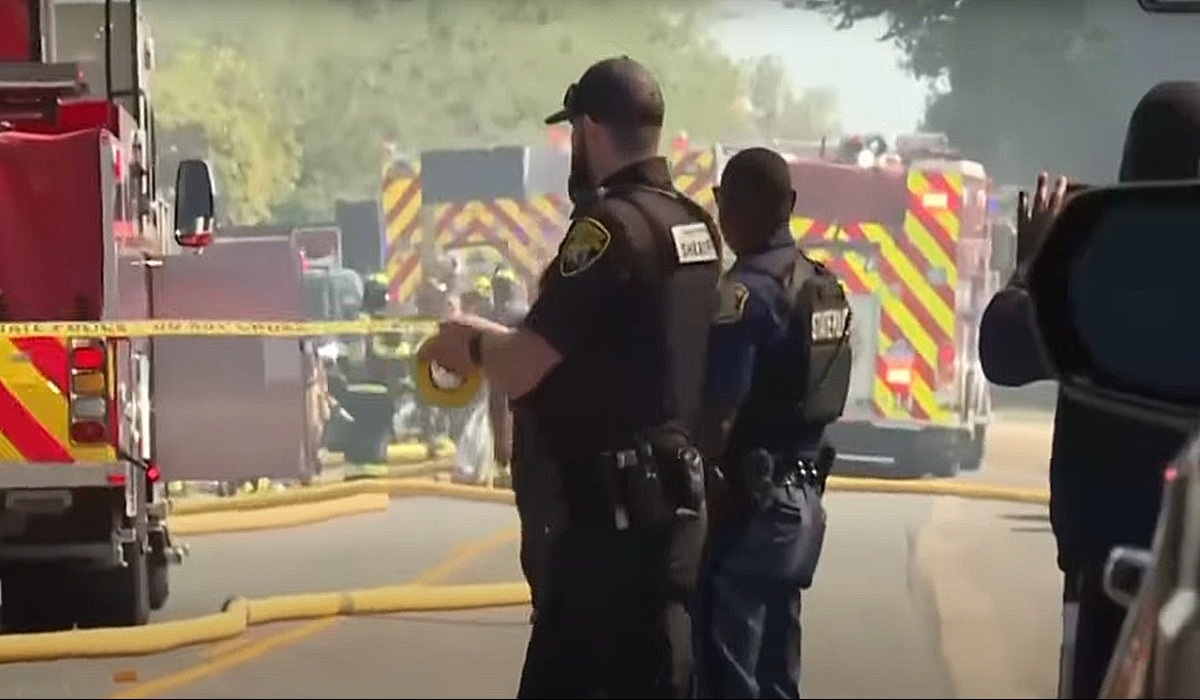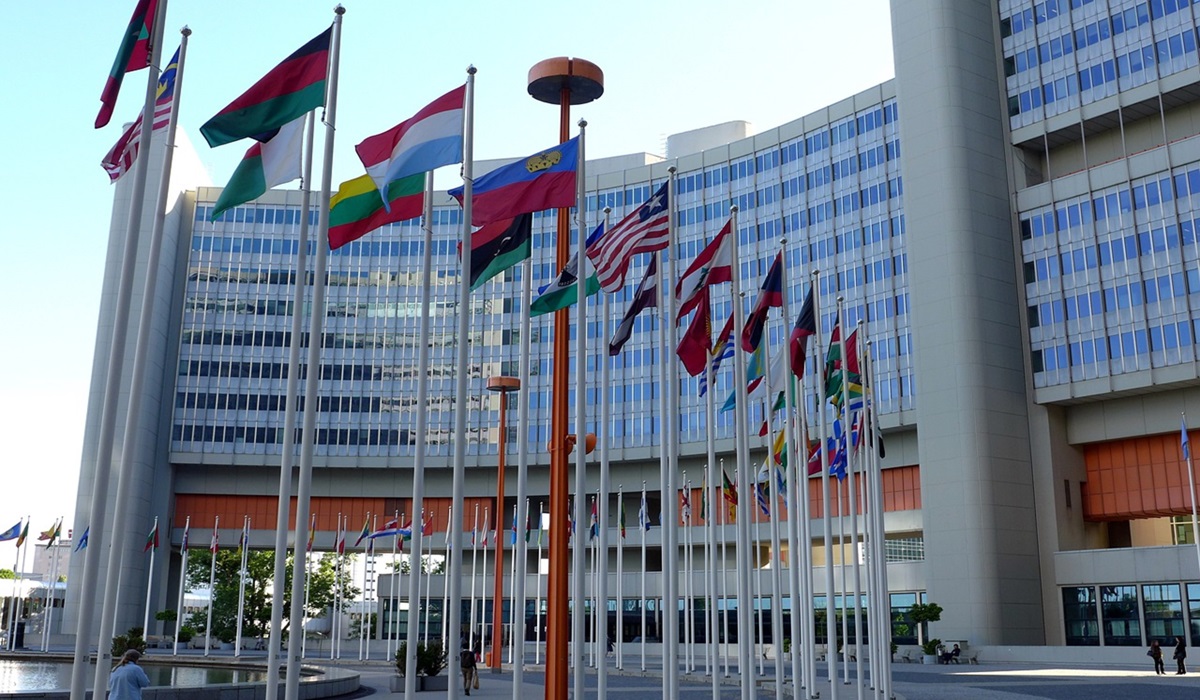World Fails the Displaced: 83.4 Million Without Home or Hope
- Ingrid Jones
- Breaking News
- May 13, 2025
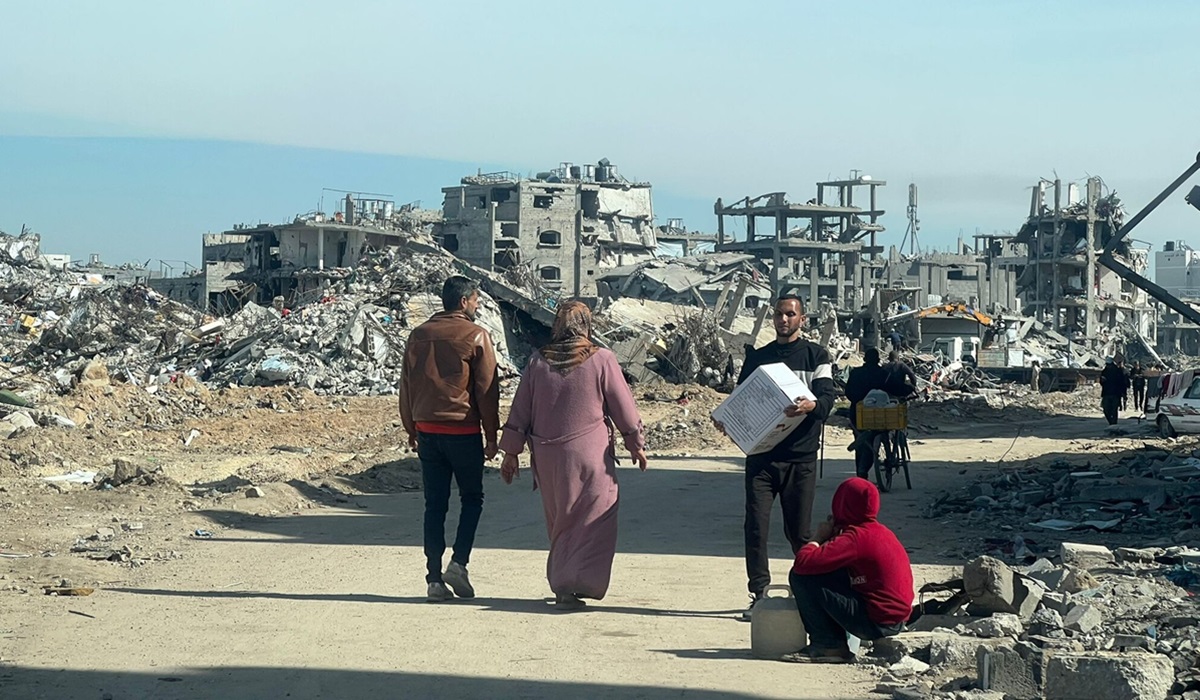
At the end of 2024, a staggering and deeply troubling milestone was reached. For the first time in recorded history, the number of internally displaced people (IDPs) has exceeded 80 million—83.4 million to be exact. Behind that number are lives torn apart, homes destroyed, children traumatized, and entire communities erased by the relentless march of war, poverty, and climate disaster. The world has never looked more indifferent.
These are not faceless statistics. They are families like yours and mine, forced to flee again and again as bullets fly and floodwaters rise. In Sudan alone, 11.6 million people are now internally displaced—a catastrophic human tragedy unfolding largely in silence. Gaza, too, stands as a broken land, with nearly its entire population displaced and no clear path to return. These aren’t war zones as imagined in abstract geopolitical discussions; they are collapsing societies with parents clutching their children, praying for safety, and finding none.
What’s most horrifying is not only the scale of this crisis but the speed with which it has worsened. The number of IDPs has doubled in just six years. Nearly 90 per cent—some 73.5 million people—were displaced by violence and conflict. Ten countries now each house more than three million displaced people due to violence, double the count from just four years ago. Displacement is no longer an unfortunate side effect of war; it is now one of its primary and most enduring legacies.
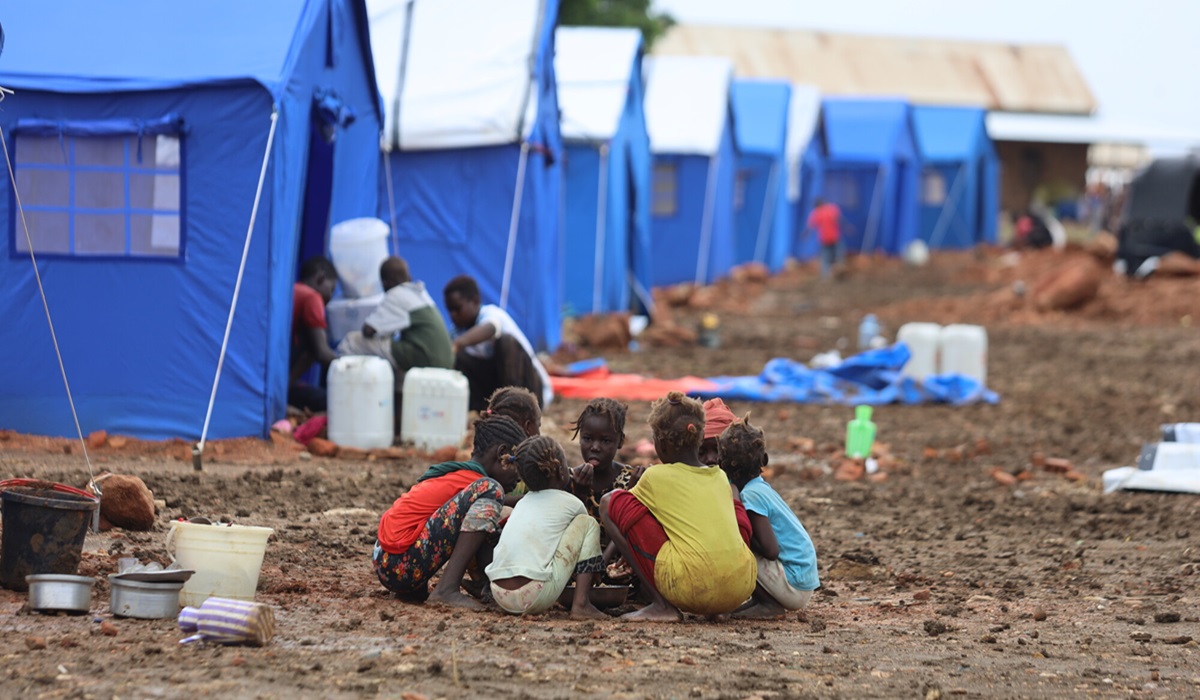
Conflict is not the only villain. Climate disasters, intensified by human neglect and environmental destruction, triggered 45.8 million internal displacements in 2024 alone—the highest number ever recorded. In a cruel twist, the United States, a country with immense resources, accounted for 11 million of these disaster displacements. For a nation that prides itself on leadership, this should be a national reckoning.
From cyclones and floods to wildfires and landslides, natural disasters—often predictable, sometimes preventable—are ripping people from their homes and forcing them into lives of uncertainty and loss. In places like the Philippines, Bangladesh, and Afghanistan, people who evacuated ahead of disasters found themselves displaced for months, if not longer, often without any support or plan for their return.
And yet, with every press release, every grim statistic, and every report from the field, the international community fails to act. We fail not because we don’t know what to do, but because we refuse to summon the will to do it. We cut humanitarian aid. We delay resettlement programs. We outsource blame. And in doing so, we condemn millions to lives without homes, futures, or dignity.
Jan Egeland, secretary general of the Norwegian Refugee Council, put it bluntly: “Every time humanitarian funding gets cut, another displaced person loses access to food, medicine, safety and hope.” He’s right. The displacement crisis isn’t just a policy failure; it’s a moral catastrophe. It is a reflection of a world that can marshal billions for war, but not for peace. That can relocate troops in hours, but leaves families stranded for years. That can talk endlessly about solutions, but rarely delivers one.
The heartbreak is compounded by the cyclical nature of displacement. Many of the displaced had to flee more than once—some a dozen times—as fighting flared in new areas or floods came again before they’d even finished drying out. In the Democratic Republic of the Congo, in Palestine, and in Sudan, 12.3 million people were forced to move within their own countries due to conflict in 2024 alone. That’s not a crisis—it’s a collapse of global responsibility.
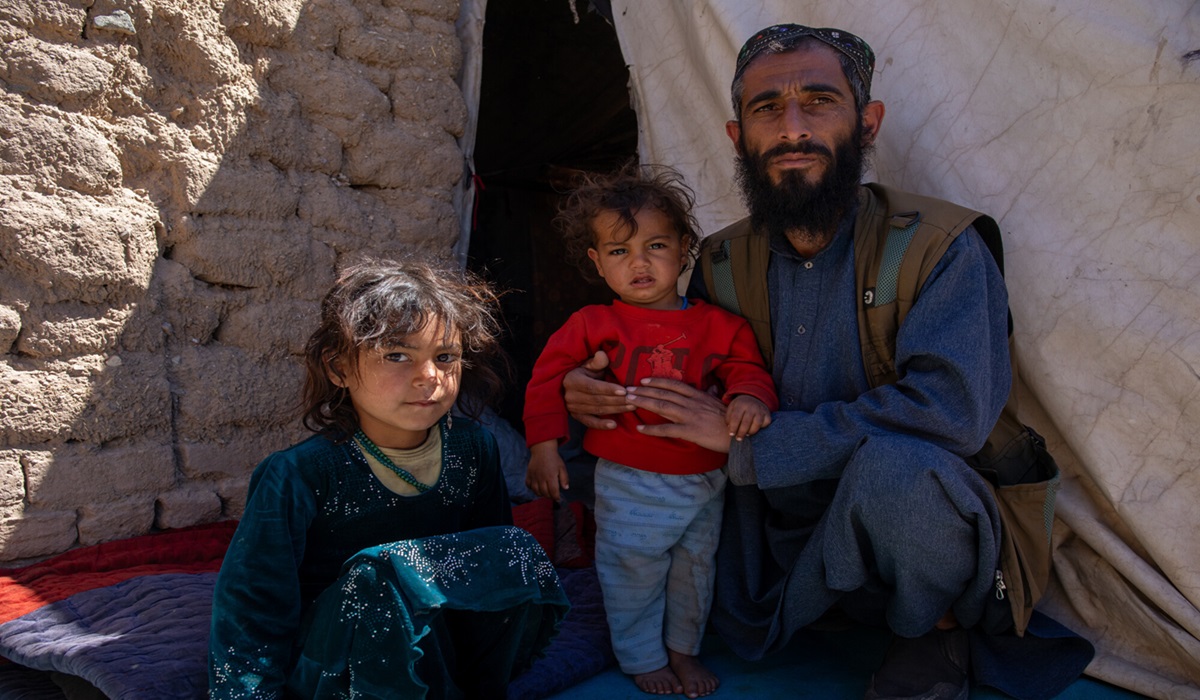
What makes this crisis even more harrowing is the convergence of threats. The number of countries experiencing both conflict and climate-related displacement has tripled since 2009. In over three-quarters of the places where people are displaced by violence, vulnerability to climate change is high or very high. This isn’t just a double blow—it’s a long, slow death of stability and hope. And no one seems to be listening.
The data is there. The stories are there. The suffering is visible, undeniable, and urgent. But still, nothing changes. Governments bicker. Donors stall. And 83.4 million people wait—for justice, for peace, for the world to remember that they exist.
Until leaders treat internal displacement not as a sideline humanitarian concern but as a central crisis of our age—one that demands political will, financial commitment, and relentless focus—we will see these numbers rise again. And again. And again.
Each new record is not just a number. It is a failure. A disgrace. A stain on our shared humanity. And if we cannot summon the compassion to act, then we must at least have the courage to admit what we are: complicit.
The displaced have been waiting long enough.

